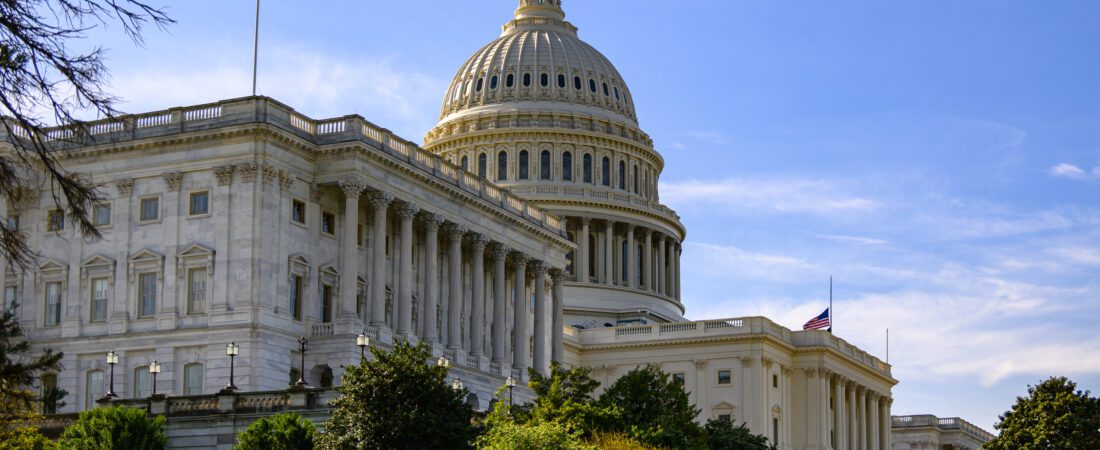Senate Democrats Unveil Comprehensive Framework for Cryptocurrency Regulation in the U.S.


Senate Democrats have introduced a comprehensive framework aiming to shape the future of cryptocurrency regulations in the United States. This move comes as a direct response to ongoing efforts by Senate Republicans to advance a crypto market structure bill. The Democrats’ proposal emphasizes the need for clear, fair, and effective oversight of digital assets, focusing on both consumer protection and the integrity of financial markets.
The framework lays out seven key priorities. Among the most significant are measures to address illicit financial activity, close regulatory gaps in the spot market for digital assets, and strengthen disclosure requirements. The plan calls for coordinated oversight by agencies like the Securities and Exchange Commission (SEC) and the Commodity Futures Trading Commission (CFTC), with an emphasis on preventing corruption and abuse within the sector.
A notable aspect of the Democratic framework is its push to limit elected officials and their families from profiting through digital assets. This comes amid concerns regarding the former President’s family ties to various crypto ventures. The Democrats argue these restrictions and enhanced disclosure rules are essential to uphold public trust in both crypto markets and federal policymaking.
Progress on comprehensive crypto regulation has accelerated following the House’s passage of measures like the CLARITY Act and the GENIUS Act, which targeted stablecoin regulation. However, the Senate’s path remains uncertain and will require significant bipartisan cooperation. Republicans have presented their own detailed proposals, and Democrats are making it clear that their support will depend on the inclusion of their priorities, particularly around ethical standards and strong regulatory oversight.
With the digital asset industry rapidly evolving, the push for updated legislation underscores a broader consensus in Congress: the current regulatory approach is outdated, and robust, clear rules are urgently needed. Whether this new framework will become law hinges on continued negotiation and compromise between parties in the months ahead.

コメントを書く